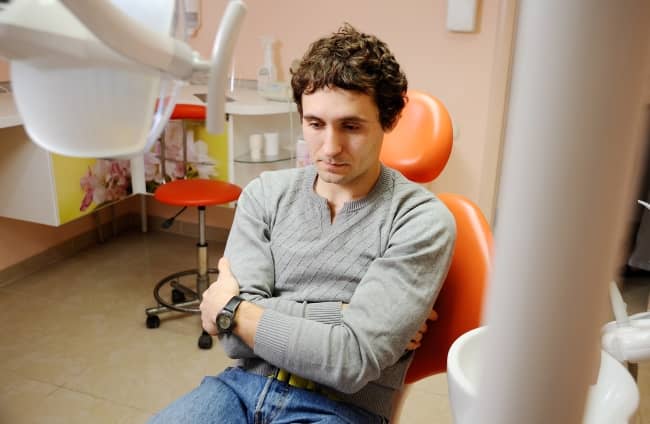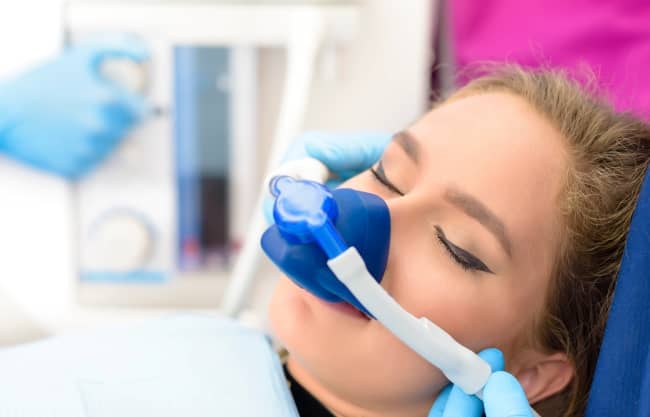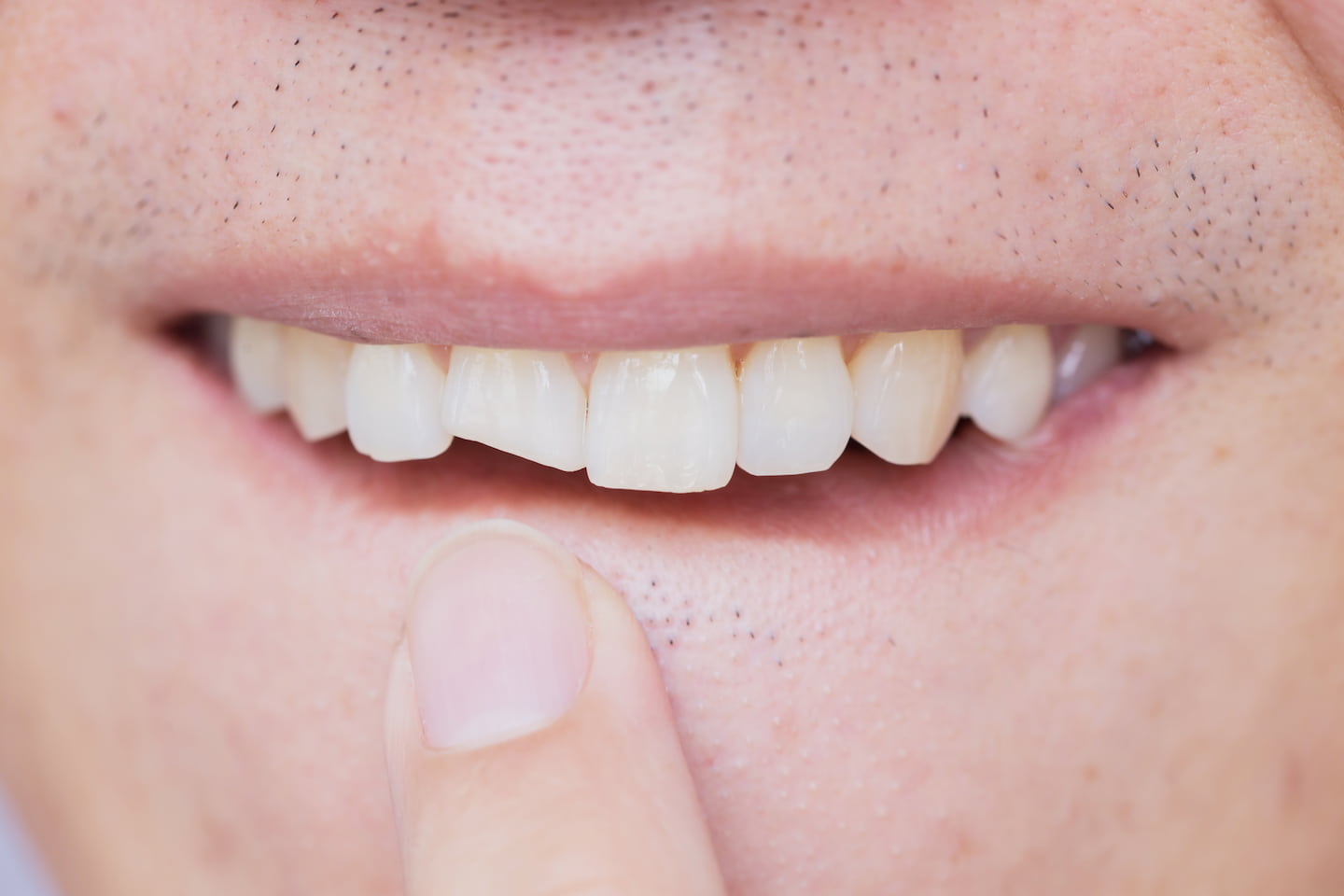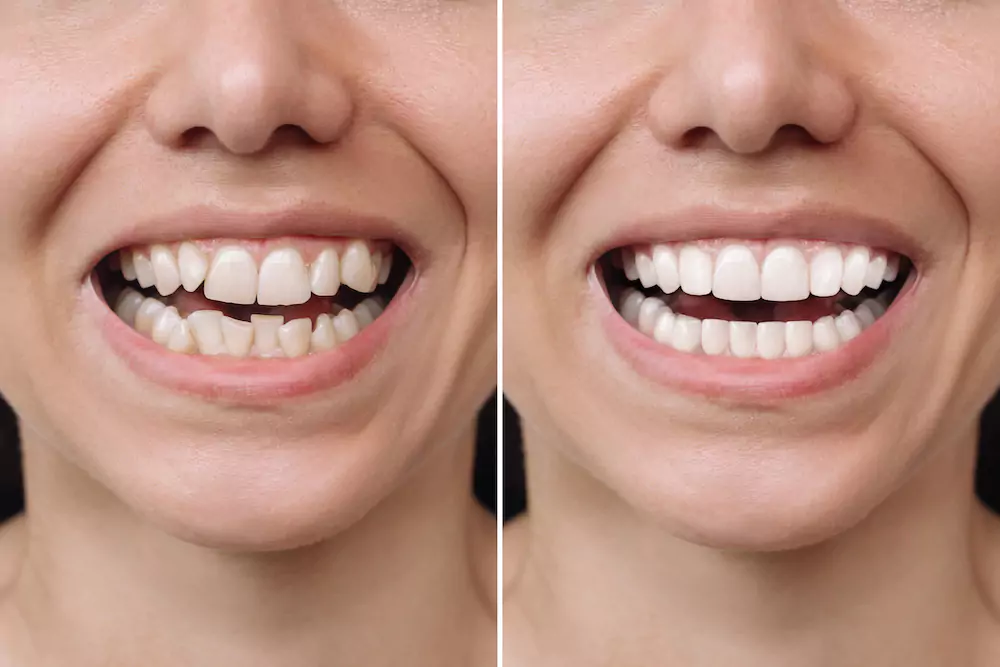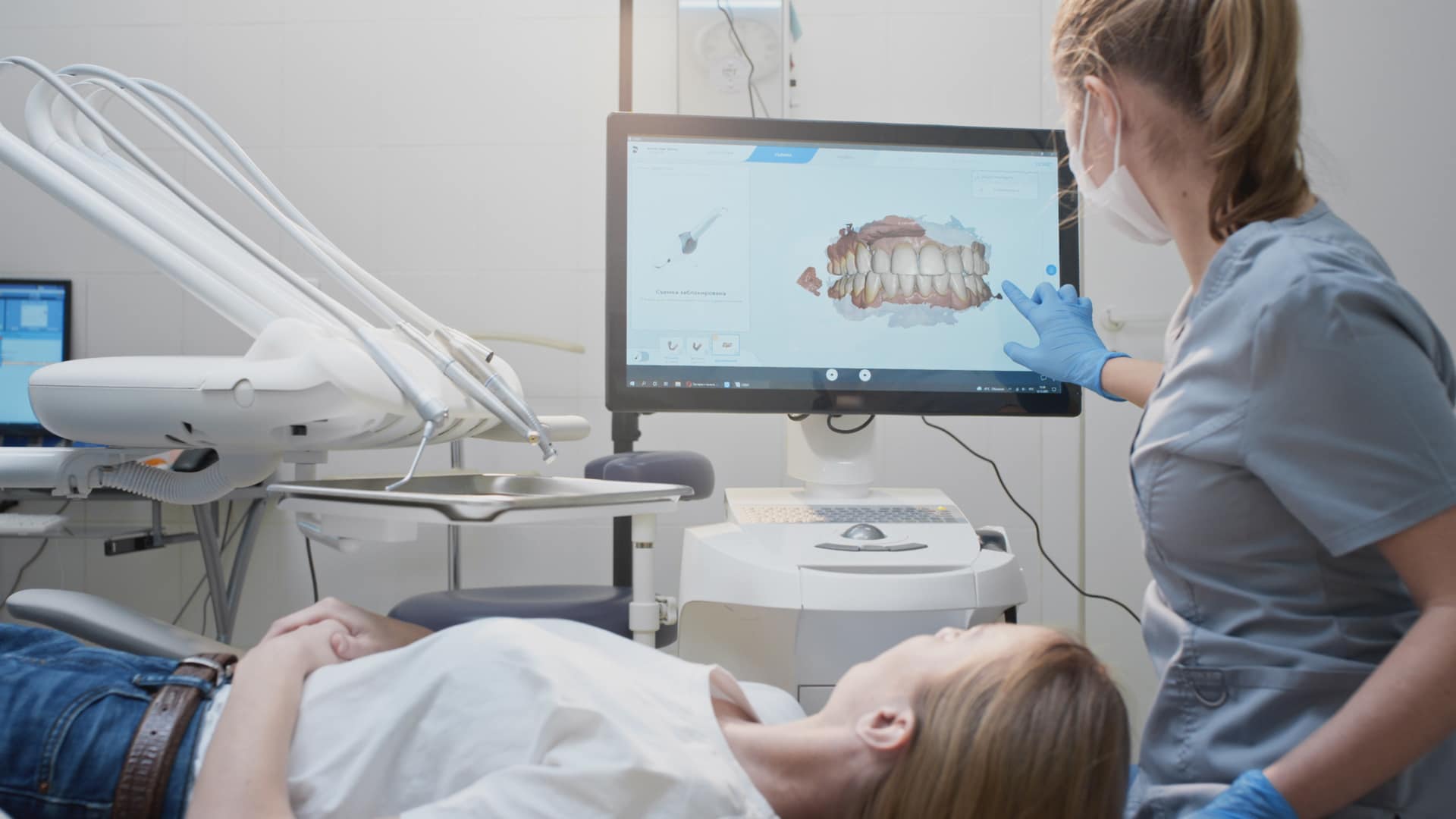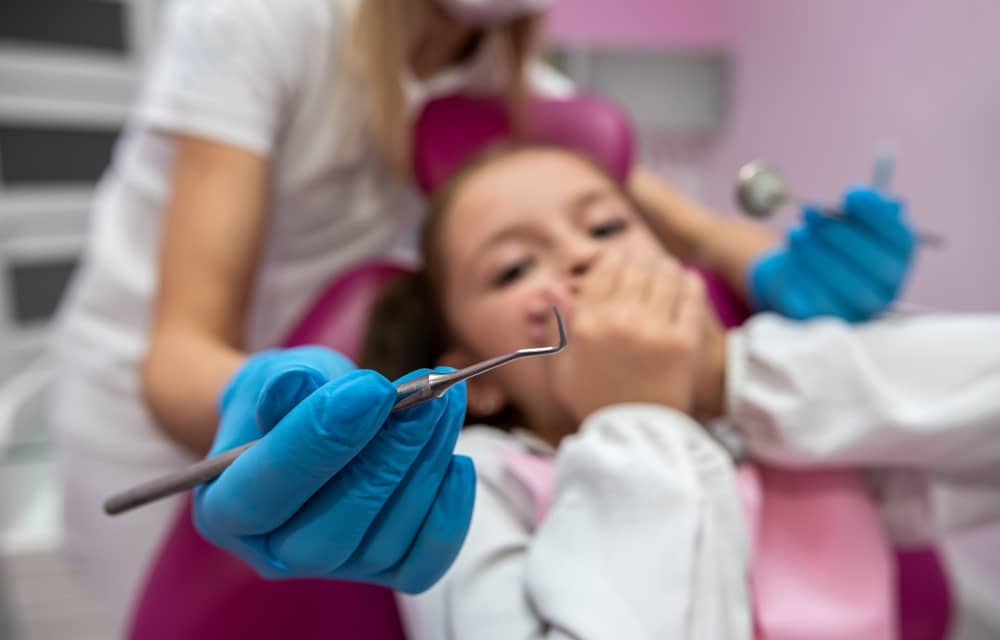
How to Calm Dental Anxiety: Common Causes and Tips
Did you know 1 in 6 Australian adults experience dental anxiety? Fortunately, there are a variety of ways to manage dental anxiety and ensure you get the oral health care you need.
If you or a loved one fear going to the dentist or purposely avoiding dental visits, our team is committed to helping you achieve and maintain optimal oral health, minus anxiety, stress, or fear.
In our guide to overcoming dental anxiety, I’ll cover common causes of dental anxiety, tips for managing dental anxiety, and sedation dentistry options for anxious patients.
How to Calm Dental Anxiety
1. Communicate With Your Dentist
It is important to keep an open line of communication with your dentist about your anxiety. There is no need to be embarrassed. Your dental team will help ease your fears and help you work through the best plan of treatment that will keep you as comfortable as possible.
When your dentist is aware of your dental anxiety, they can also make the necessary preparations to ensure you have the best appointment possible.
It can be helpful to write down your questions beforehand or call ahead of your appointment to discuss your concerns with the receptionist. The dentist or receptionist can help ease some of your fears. For instance, if you worry about sounds, they can reassure you that no drills need to be used. Or they can help you come up with the best noise-cancelling option for your appointment. Feeling prepared and knowing what to expect can help decrease your worry surrounding your upcoming appointment.
You can also discuss strategies with your dentist, such as keeping you informed throughout the procedure, letting you know exactly what to expect, breaking up your treatment into several appointments to decrease how long you are in the dental chair, or combining treatments to get them over with as soon as possible.
You can also ask your dentist for a referral to talk to a health professional about your dental anxiety. A mental health professional can educate you on techniques and strategies to utilise to manage or reduce your dental anxiety.
2. Utilise Distraction Techniques
Distraction techniques are an effective way to keep your mind off the procedure and feel more at ease during treatments.
Ideas for distraction techniques include:
- Ask your dentist if they have headphones available to listen to music or if you can bring your own
- Listen to guided meditation
- Focus on a specific object
- Count backwards
- Ask to watch TV during your treatment
- Wear noise-cancelling headphones to cut out the sounds of drills or other dental instruments
- Squeeze a stress ball
- Ask if it is okay to bring a friend or loved one for support
3. Discuss Non-Verbal Signals
It can help to know that you can take a break at any time during your treatment with a simple hand signal. This puts patients at ease who worry about a lack of control or pain or discomfort.
Even if you can’t verbalise it, hand signals allow you to indicate to your dentist that you need a break. For instance, raising your hand is an easy way to signal to your dentist that you need a quick break. Be sure to discuss any non-verbal signals ahead of time with your dentist to ensure a smooth, worry-free appointment.
4. Book Early
If you experience dental anxiety, make sure to book your appointment early in the morning. This eliminates the chance to sit around thinking and worrying about the appointment all day. Many patients report this technique helps limit the amount of anxiety that can build up before their appointment.
5. Practise Relaxation Techniques
Relaxation techniques may help support a calmer state before and during your dental treatments.
You can practise these relaxation techniques at home before your treatment and as you wait before your treatment starts.
- Progressive muscle relaxation
- Deep breathing techniques
- Visualisation techniques
- Relaxation exercises
Your dentist or healthcare provider can help you come up with the best relaxation techniques to help you manage your dental anxiety.
6. Ask Your Dentist About Sedation Dentistry
If you have tried other relaxation or calming techniques and are still struggling with dental anxiety, ask your dentist about sedation dentistry. Your dentist can explain the sedation options available and help you decide which method will be the safest and most effective for your needs.
The right sedation method will help you feel relaxed, calm, and at ease throughout your dental procedure.
I know how common dental anxiety. That’s why we offer several types of sedation options. We’re dedicated to ensuring every step of your dental treatment is as comfortable and easygoing as possible.
We’ll find the best sedation option for you, based on your health, comfort level, and treatment needs. Our sedation options include:
- Inhalation Sedation — Inhalation sedation or ‘happy gas’ is a sedation method that delivers nitrous oxide through a special face mask. This is ideal for patients who have a fear of needles but still want something to ease their dental anxiety.
- Oral Sedation — Oral sedation involves a drug in tablet or liquid form that you take about an hour before your appointment.
- Intravenous (IV) Sedation — IV Sedation involves a sedative being injected into your arm. This sedation method is also known as ‘sleep dentistry’ or ‘twilight sedation’. IV Sedation is commonly used during surgical treatments but it is also an option for patients who experience dental anxiety and prefer to be asleep during dental procedures.
Your dentist will discuss the sedation options, which sedation methods may be best for you, and possible side effects, and answer all of your questions. Together with your dentist, you can find the sedation option that will work best for you.
What Is Dental Anxiety?
Dental anxiety is stress, fear, or worry associated with dental settings, dental appointments, and dental procedures.
This fear and anxiety can lead to delaying or completely avoiding dental visits, putting patients at risk of oral health issues.
What Are the Common Causes of Dental Anxiety?
Dental anxiety can arise from a variety of fears or issues.
Common causes of dental anxiety include:
- Fear of pain
- Fear of needles
- Fear of loss of control
- Bad dental or healthcare experiences in the past
- Fear of close contact with other people
- Fear of the sounds made by dental instruments such as drills
- Fear of dental settings
For some individuals, fear of the dentist may arise from a general anxiety disorder or underlying health issues.
What are the Signs of Dental Anxiety?
Common signs of dental anxiety may include:
- Sweaty palms
- Rapid heartbeat
- Feeling uneasy or nervous before and during appointments
- Purposely avoiding or putting off dental treatment
- Nausea
- Crying
- Visible distress or panic
- Low blood pressure
- Fainting
Are You Experiencing Dental Anxiety?
I know it can be difficult and overwhelming to seek out dental treatment if you experience dental anxiety, but our gentle, caring, empathetic team is here to help. We are specifically trained in putting anxious patients at ease and taking steps to ensure all patients can get the safe, comfortable treatment they deserve.
We want to help you manage and push past your fears so you can enjoy a smile that looks and feels healthy. We’re here to make sure that every step of your treatment is as comfortable as possible.
Even if it has been years since you have gone to the dentist, we can find a solution to help you manage your dental anxiety and start building up your comfort level with dental treatment. Whether you may benefit from sedation techniques or want to learn more about the many ways we help support our patients and keep them comfortable, we’ll find the option that is best suited to you.
Contact the dentist Canning Vale trusts to deliver high-quality, friendly service today with any questions you might have or to book an appointment.
